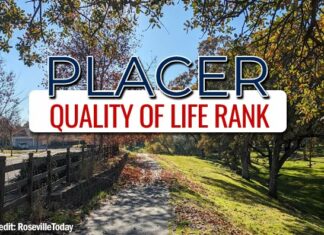You could say Dr. Richard Davenport, president of Minnesota State University, has a great deal of personal experience with and an open mind toward people with disabilities, especially communication disorders, such as stuttering, and also voice challenges caused by cleft lip or palate, developmental disabilities, learning disabilities, deafness, brain injury or stroke.
“When I was in my primary grades, I had a speech problem,” said Davenport in a telephone interview. “I couldn’t pronounce my r’s and l’s, but eventually grew out of it. My high school English teacher’s husband, who was a speech pathologist, urged me to consider the field.”
“The more I learned, the more I gained an interest in stuttering. There was no known cause. That had me hooked.”
Over time, Davenport produced research leading to a theory stuttering came from a neurological defect, rather than being learned. He earned a master’s degree in speech and hearing science at Colorado State. Today, he oversees 15,000 students, including 600 registering as having a disability. The university has a number of undergraduate- and graduate-degree disability-related majors, including rehabilitation counseling, communication disorders, special education, and social work.
Three years ago, several students visited his office, including one using a power wheelchair who mentioned having trouble getting to the library in winter due to snow. In response, Davenport led an effort to create an accessible, underground tunnel from the student union to the library. Construction on the tunnel finished recently. Davenport said the number of all MSU students visiting the library has increased dramatically-not just students with disabilities. Everyone has benefited.
Also, this month, Minnesota State changed the name of its Office of Disability Services to “Accessibility Resources” to better reflect its mission. The newly named Accessibility Resources office just happens to be located at one end of the new library tunnel.
In terms of advice, Davenport said, “To university presidents, (disability issues) should be second nature. First off, we have a responsibility to serve all students. If you have barriers preventing students from coming to your institution, you are depriving them of choice.”
In saying colleges should be physically accessible, Davenport also pointed out the importance of institutional accessibility, in terms of policies, procedures, technology, attitudes, and administrators and professors responding to feedback. He said one of his roles as university president has been to set the expectation all students would be treated with respect and fairness.
(21+ years strong)
Welcome to the brighter side!
Get in front of local customers! 24/7 (365)





















